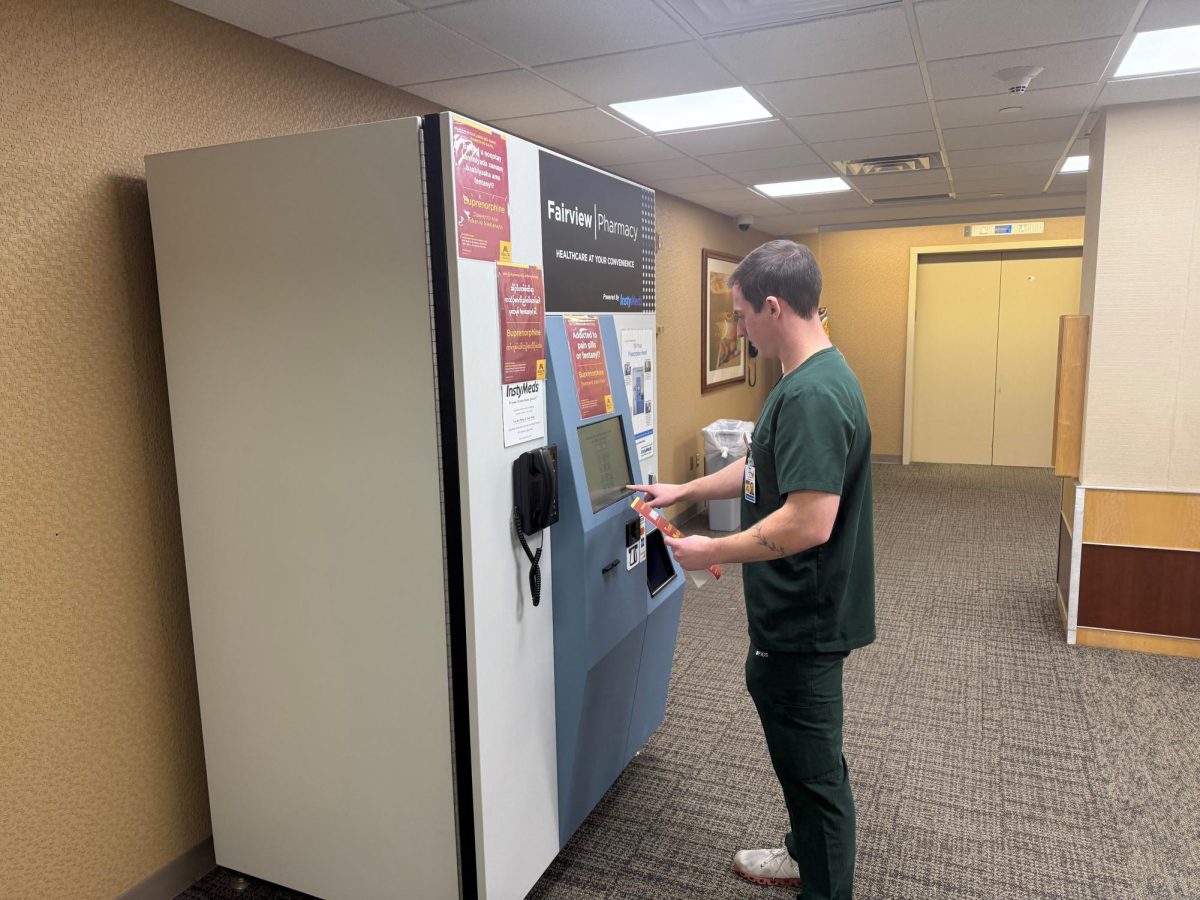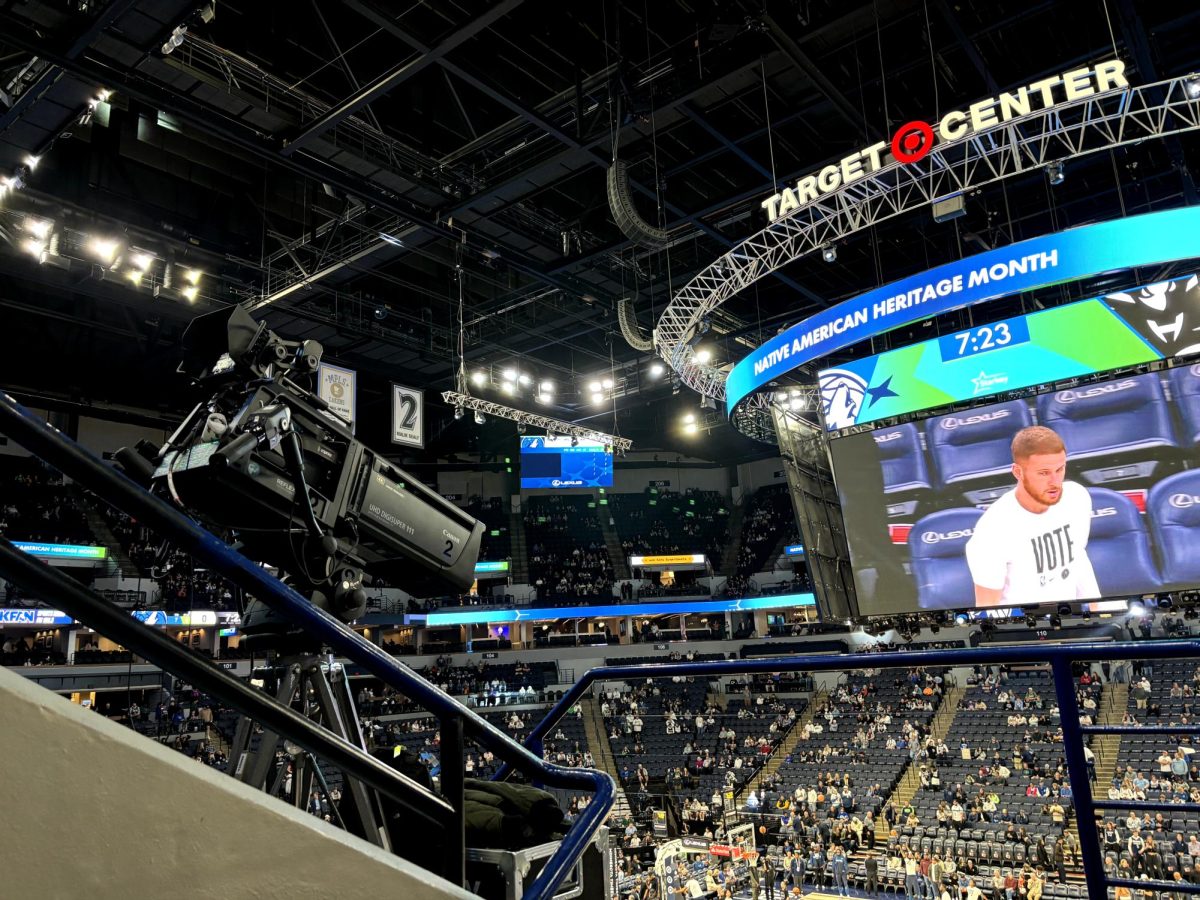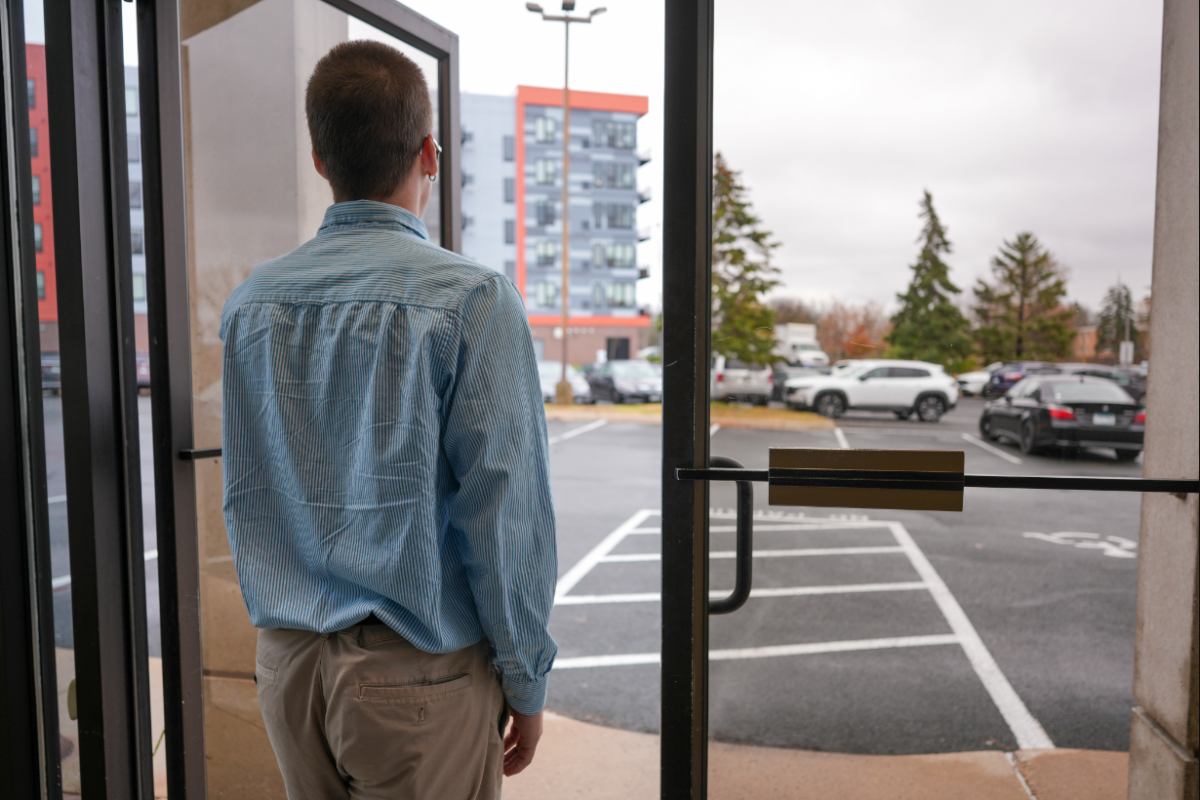Hoping to build upon last year’s goals while working toward new ones, the University of Minnesota’s Board of Regents student representatives have been busy drawing up their plans for the year.
Over the past semester, the eight student representatives have solidified the topics they will cover in their annual report to the Board of Regents this March. Discussion has focused largely on housing — an increasingly high-profile topic around campus this year.
This year, the representatives have decided to add student housing to their agenda, said Twin Cities student representative, Connor Klemenhagen.
Student discussion was spurred by the recent approval to renovate Pioneer Hall, he said.
Regent Thomas Devine said the $105 million renovation for Pioneer Hall was approved this September, instead of a proposal that would have set aside about $40 million to remodel the hall and $60 million to construct a brand-new dorm.
“Many of the Big Ten schools right now are building more and better state-of-the-art student housing, non-profit student housing,” Devine said. “We were in hopes that we were going to move in that direction here, but that wasn’t the decision that ended up being made.”
The student representatives’ focus will not only encompass on-campus housing, however. Issues related to off-campus housing will be discussed in the report, as well. Klemenhagen said the representatives have made note of student concerns about the increasing number of luxury apartments being built in Dinkytown and Stadium Village.
“Over the past few weeks, we’ve seen a lot more attention on off-campus housing, primarily pertaining to affordability,” he said.
The cost of housing for students is expected to meet or exceed the cost of tuition, a first in school history, Devine said
One strategy to counteract that, he said, may be to increase the capacity of less expensive, non-profit housing.
“Students pay attention to these issues. We hear from students about the cost of attendance, we hear about the cost of housing,” Devine said.
Student housing is the only topic that has been solidified by the representatives thus far, but they expect to provide an update on the mental health measures that were taken last year as well, Klemenhagen said.
The student representatives’ report will be presented this March, he said, during a meeting that will be held on the Duluth campus.
Last year, the representatives focused on issues like mental health, the attraction and retention of students and faculty of color and rising tuition, Klemenhagen said.
“You don’t want to hit the exact same topics from year to year,” Klemenhagen said. “You can provide updates, and some of those same topics are definitely still of interest to students, but we will be framing them a little bit differently.”







